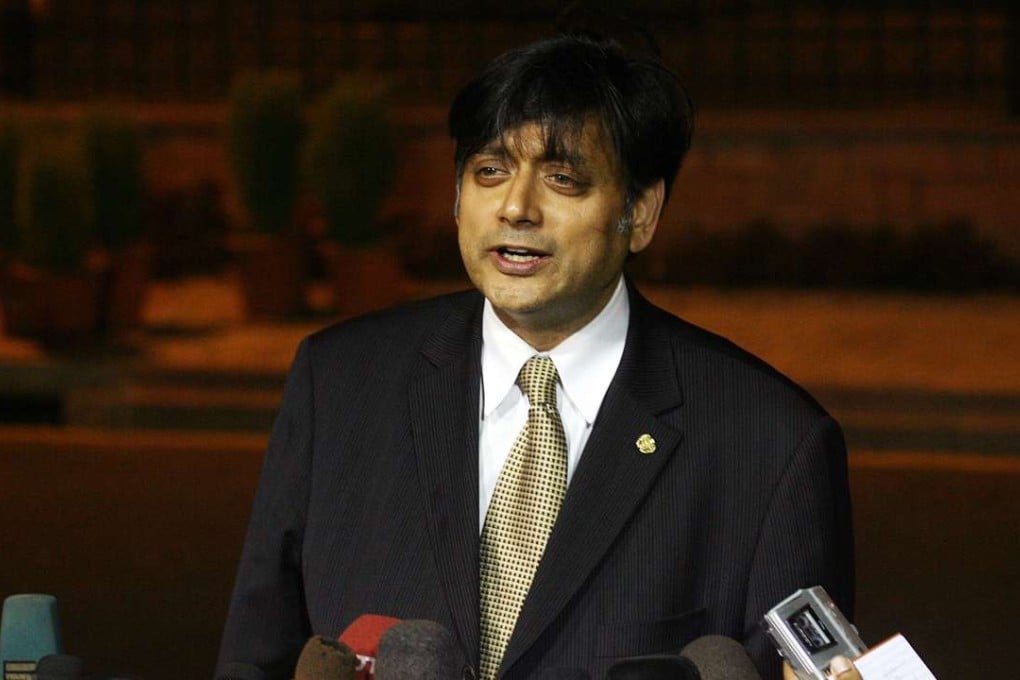Does Britain owe reparations to India and other former colonies?
A speech to the Oxford Union by Indian former UN undersecretary-general Shashi Tharoor appears to have hit a nerve online

It’s not often that one can honestly say a book began as a speech. But my new book An Era of Darkness: the British Empire in India did just that.
At the end of May 2015, I was invited by the Oxford Union to speak on the proposition ‘Britain Owes Reparations to Her Former Colonies’. The event, in the Union’s impressive wood-panelled premises, was a success and I left pleased enough, but without giving the proceedings a second thought.
In early July, however, the union posted the debate on the web and sent me a video copy of my own speech. I promptly tweeted a link to it and watched in astonishment as it went viral.
Within hours it was being downloaded and replicated on hundreds of sites, sent out on WhatsApp and forwarded by email. One site swiftly crossed over three million views while others did not keep track, but reported record numbers of hits. Even the prime minister, Narendra Modi, congratulated me publicly for having said ‘the right things at the right place’. Hundreds of articles were written for and against what I had said. For months, I kept meeting strangers who came up to me in public places to praise my ‘Oxford speech’.
This is why my publishers persuaded me that the arguments outlined in my speech needed to be turned into a substantial book. It has just been published in India and is already the number one bestseller on several lists.
MORE THAROOR: 70 to 2: What the Rio Olympics medal tally says about China-India comparisons
Should a work of engaged amateur history have aroused so much passion? Seventy years after independence, shouldn’t we just forget about the past and move on? Is there still any moral urgency to explain to today’s Indians why colonialism was the horror it turned out to be? A lot of the popular histories of the British Empire in the last decade or two, by the likes of Niall Ferguson and Lawrence James, have painted colonialism in rosy colours, and this needed to be challenged. Historical material is available to everyone who’s willing to look for it, but perhaps, in the rush of modern materialism, we’ve stopped looking.
In three months’ time, the book will also be published in Britain, which has been suffering from a kind of historical amnesia about colonialism. As the book emerged from the press in India, an article by a Pakistani writer in The Guardian pointed out that the Brits simply don’t teach their own schoolchildren the truth about their colonial past. Many Brits are genuinely unaware of the atrocities committed by their ancestors and live in the blissful illusion that the Empire was some sort of benign boon to the ignorant natives.